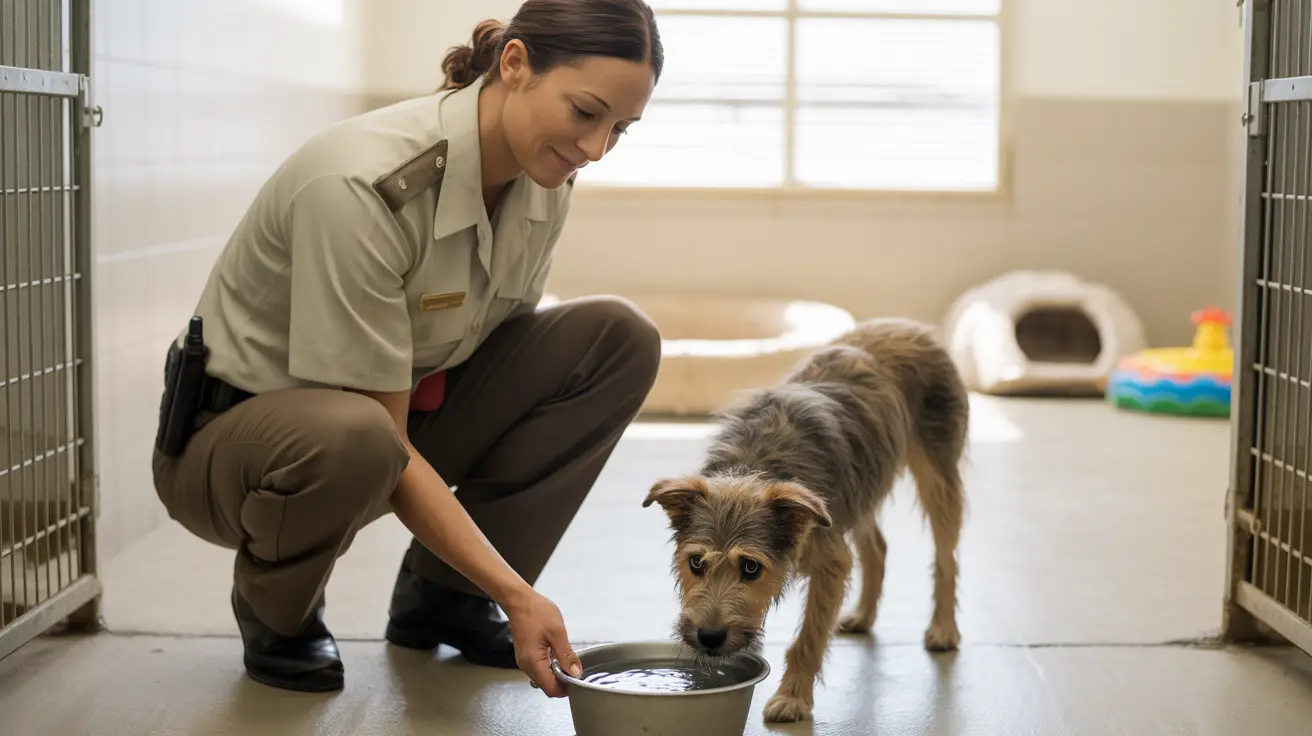How Often Should You Feed Your Dog Each Day?
Feeding your dog the right number of times each day is essential for their health and well-being. The frequency of meals depends on factors such as age, breed, size, health condition, and activity level. Understanding your dog’s digestive process can help you create the ideal feeding schedule for them.
Why Meal Frequency Matters
Dogs have shorter digestion times compared to humans. On average, digestion takes between 4 to 12 hours, although it could take as long as 24 hours in some larger breeds or older dogs. This faster metabolism means that dogs generally benefit from regular, spaced-out meals to maintain stable energy levels and promote good digestion.
Recommended Feeding Schedules by Life Stage
- Puppies: Due to higher metabolism and rapid growth, puppies should be fed 3 to 4 times daily. Their smaller digestive systems handle smaller quantities of food more efficiently, and frequent meals help maintain steady energy and nutrient input.
- Adult Dogs: Typically, healthy adult dogs do well on a twice-daily feeding schedule — once in the morning and once in the evening. This routine supports optimal digestion and nutrient absorption while avoiding hunger spikes and potential digestive upset.
- Senior Dogs: Older dogs may require adjustments in feeding frequency depending on their health and digestion, though two meals per day often remain sufficient. If needed, smaller, more frequent meals can ease digestion.
Factors Affecting Feeding Frequency
Feeding frequency isn’t one-size-fits-all. Consider these individual factors:
- Breed and Size: Smaller breeds often metabolize food faster and may benefit from more frequent meals. Larger breeds have slower digestion and may do well with two feedings per day.
- Activity Level: Highly active dogs expend more energy and might need more calories and potentially an extra small meal or snack.
- Health Conditions: Dogs with specific medical needs may require customized feeding schedules. For instance, dogs with diabetes often need consistent feeding to match insulin administration.
Impact of Food Type on Digestion and Feeding
The type of food you serve affects how often your dog should be fed:
- Raw and Lightly Cooked Diets: These are generally digested faster, often within 4–6 hours, which supports increased feeding frequency for those following a natural diet plan.
- Dry Kibble or Processed Food: These digest more slowly — typically taking 8 to 12 hours or longer — and often suffice with twice-daily feeding for adults.
- High-Moisture Foods: These move through the system more quickly and may lead to more frequent hunger, especially in active or younger dogs.
Healthy Digestion Signs and Feeding Tips
- Monitor Stool Quality: Firm, brown stools indicate good digestion. Changes in consistency or color may signal food or schedule issues.
- Watch for Gastrocolic Reflex: If your dog defecates right after eating, it’s usually the gastrocolic reflex at work, not evidence of meal traveling instantly through the gut.
- Use Probiotics and Prebiotics: These support a healthy gut microbiome, particularly helpful if you adjust feeding frequency or change the diet.
- Provide Fresh Water: Dogs need about one ounce of water per pound of body weight daily to support digestion and overall health.
- Stay Consistent: Keep feeding times regular to maintain a consistent digestive rhythm and minimize stress-related gastrointestinal issues.
When to Consult a Veterinarian
If your dog shows signs of digestive upset such as vomiting, diarrhea, constipation, or significant changes in stool, consult a vet. Conditions like malabsorption or exocrine pancreatic insufficiency may require monitored diets and adjusted feeding frequencies.
Conclusion
In general, twice-daily feeding is appropriate for most adult dogs, while puppies may need three to four meals each day to thrive. Keep mealtimes consistent, choose highly digestible foods suited for your dog’s life stage and health, and observe their stool and behavior for signs of optimal digestion. A well-planned feeding schedule enhances your dog’s digestive health, energy levels, and overall happiness.





